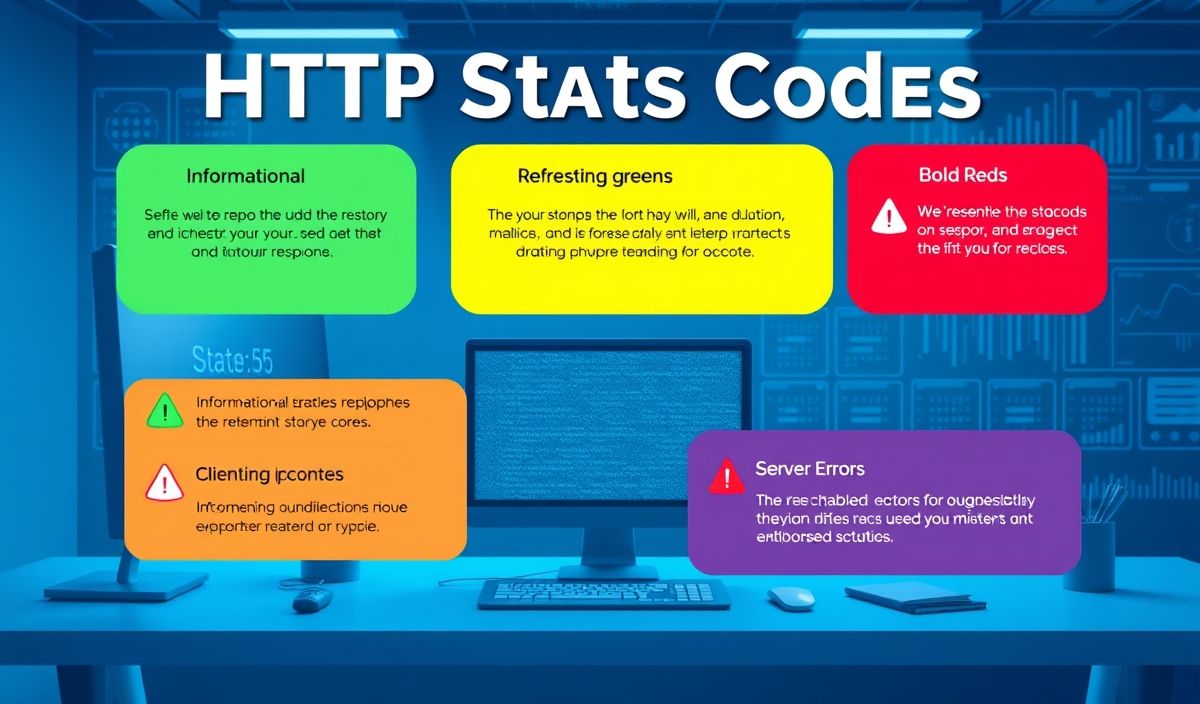Introduction to LiveReload
LiveReload is a powerful tool that helps developers to automatically refresh their browser whenever there’s a change in the codebase. This tool significantly improves workflow efficiency, allowing developers to see the results of their changes in real-time without manually refreshing the browser.
Key APIs of LiveReload
LiveReload offers a variety of APIs to facilitate seamless live reloading and synchronization. Below are some of the most useful APIs provided by LiveReload:
Basic Setup
// Include the LiveReload script in your HTML file
This script needs to be included in your HTML file to enable LiveReload functionality.
File Watching
// Configuring LiveReload to watch files livereload.createServer().watch(__dirname + "/public");
You can configure LiveReload to watch specific directories. Changes in these directories trigger a reload.
Custom Events
// Trigger a custom reload event
livereload.reload("my-custom-event");
LiveReload allows the triggering of custom events to reload specific parts of your application.
Excluding Files
// Exclude specific files or directories from being watched
livereload.createServer({ exclusions: ['node_modules/', '.git/'] }).watch(__dirname + "/public");
You can exclude specific files or directories from being watched by LiveReload.
Using with Task Runners
// Integrating LiveReload with Gulp
const gulp = require('gulp');
const livereload = require('gulp-livereload');
gulp.task('watch', function() {
livereload.listen();
gulp.watch('public/**/*').on('change', livereload.changed);
});
LiveReload can be integrated with task runners like Gulp to automate and streamline your development workflow.
Example Application
Let’s see a simple example of an application using LiveReload for an enhanced development experience.
// Server setup using Express.js and LiveReload
const express = require('express');
const livereload = require('livereload');
const connectLivereload = require('connect-livereload');
const app = express();
const liveReloadServer = livereload.createServer();
liveReloadServer.watch(__dirname + "/public");
app.use(connectLivereload());
app.use(express.static('public'));
app.get('/', (req, res) => {
res.sendFile(__dirname + '/public/index.html');
});
app.listen(3000, () => {
console.log('App is running on http://localhost:3000');
});
In this example, we’ve set up a simple Express.js server with LiveReload integrated to watch changes in the ‘public’ directory and automatically refresh the browser. This setup significantly improves your development process by providing immediate feedback on code changes.
Using LiveReload can help you streamline your web development workflow, making it faster and more efficient.
Hash: b916012df34283789ca24ffdd47621dc3e24bbe71590b9a9c61bc7ea8d62ed14




